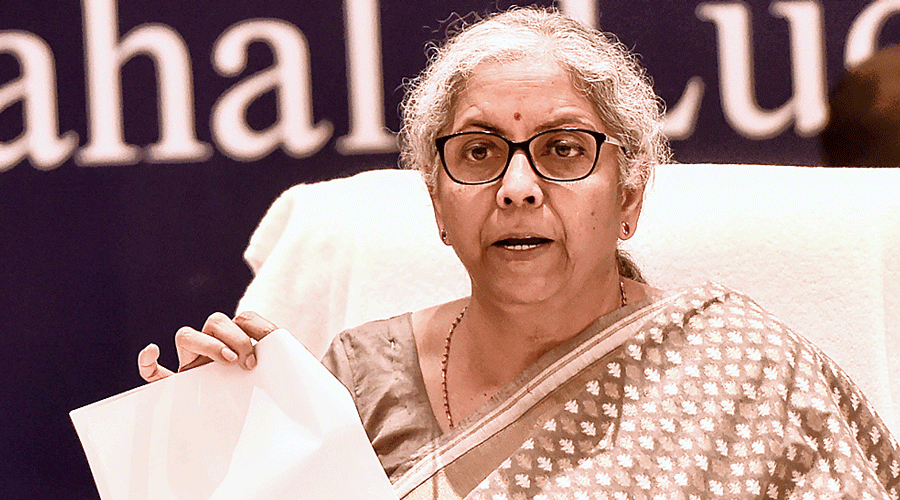The government has waived customs duty on the import of some raw materials, including coking coal and ferronickel, used by the steel industry — a move that will lower the cost for the domestic industry and reduce steel prices.
To increase domestic availability, the duty on exports of iron ore has been hiked up to 50 per cent and on a few steel intermediaries to 15 per cent, according to a notification.
The duty changes will be effective from Sunday.
The import duty on ferronickel, coking coal, PCI coal has been cut from 2.5 per cent, while the duty on coke and semi-coke has been slashed from 5 per cent to ‘nil’.
The tax on the export of iron ore and concentrates has been hiked to 50 per cent from 30 per cent. On iron pellets a 45 per cent duty has been imposed.
Duty on pig iron and spiegeleisen in pigs, blocks, or other primary forms, flat-rolled products of iron or non-alloy steel, of a width of 600 mm or more, hot-rolled, not clad, plated or coated, flat-rolled products of iron or non-alloy steel, of a width of 600 mm or more, cold- rolled (cold-reduced), not clad, plated or coated and other steel products have been increased to 15 per cent from nil.
A 15 per cent duty has been imposed on flat-rolled products of stainless steel of width >=600mm, other bars and rods of stainless steel; angles, shapes and sections of stainless-steel; bars and rods, hot-rolled, in irregularly wound coils, of other alloy steel.
Finance minister Nirmala Sitharaman said the customs duty changes in raw materials and intermediaries for iron and steel will “reduce their prices”.
Plastic input rates
The duty on import of raw materials used in the plastic industry has also been reduced to lower the cost of domestic manufacturing.
While import duty on naptha has been cut to 1 per cent from 2.5 per cent, the duty on propylene oxide has been halved to 2.5 per cent.
The import duty on poly vinyl chloride (PVC) has been cut to 7.5 per cent from 10 per cent at present.
Sitharaman said the levies are being cut on raw materials and intermediaries where the import dependence is high.
“This will result in reduction of cost of final products,” she tweeted.
AMRG & Associates senior partner Rajat Mohan said a steep reduction in import duty on these products would help arrest high inflation.











